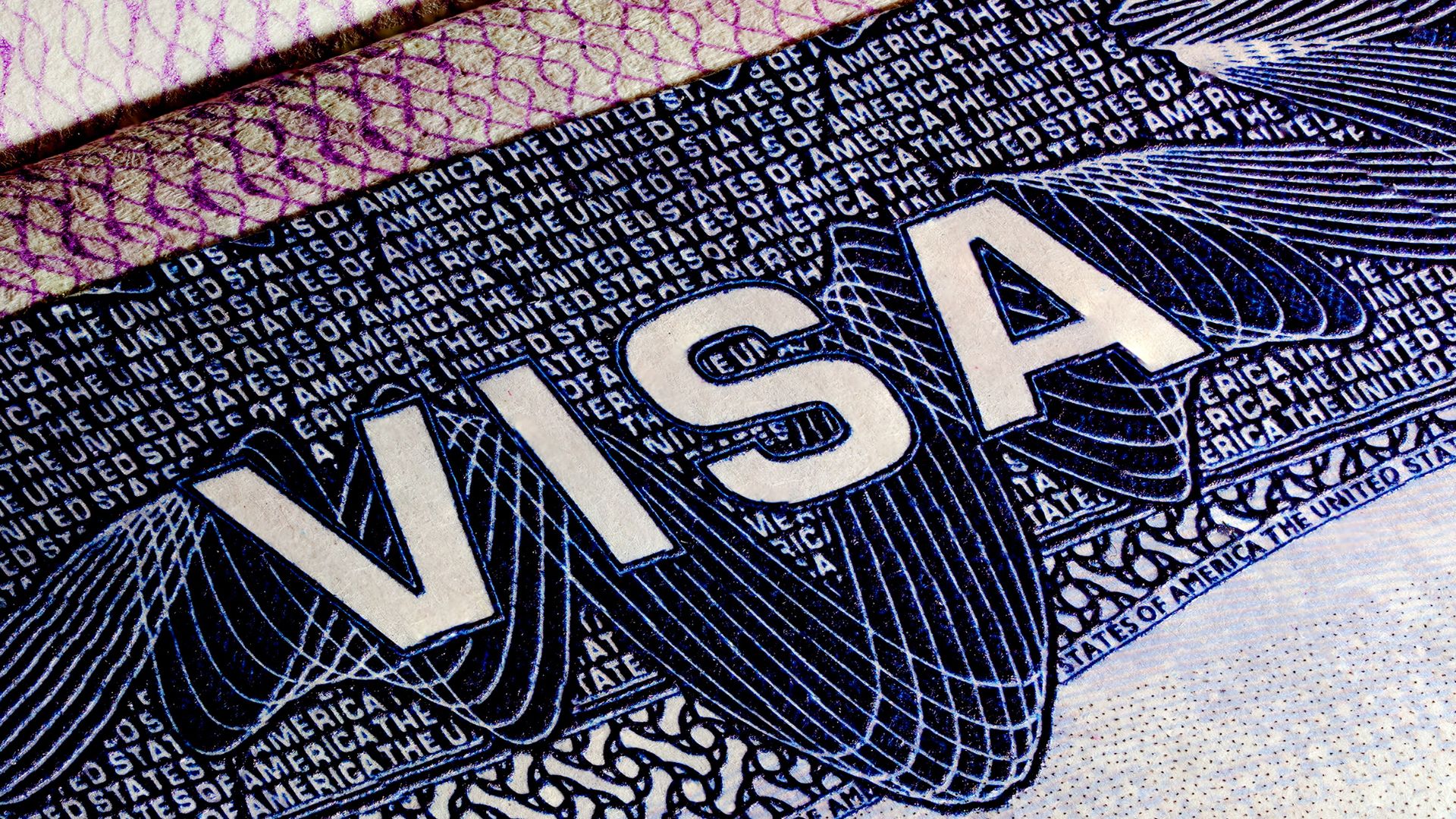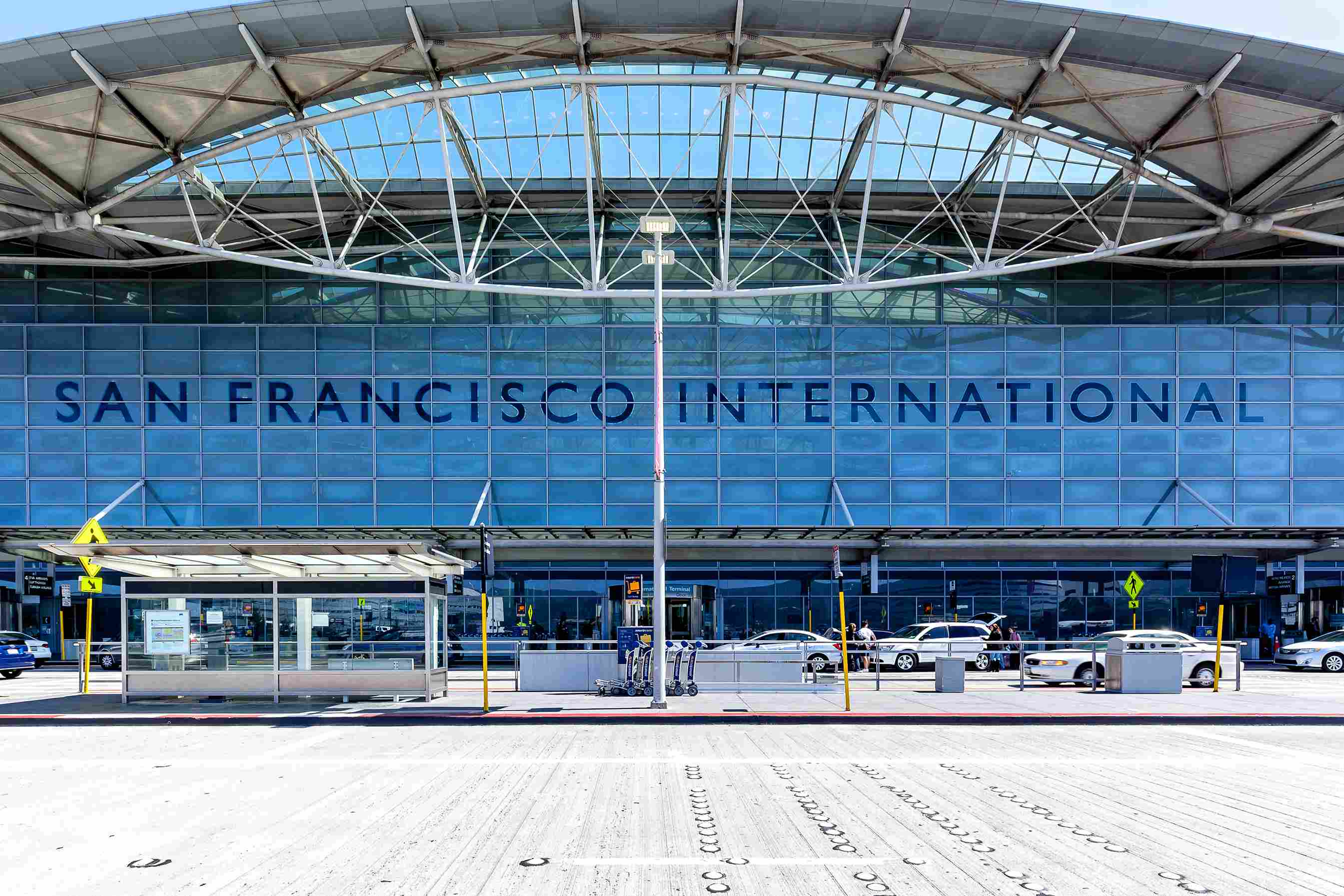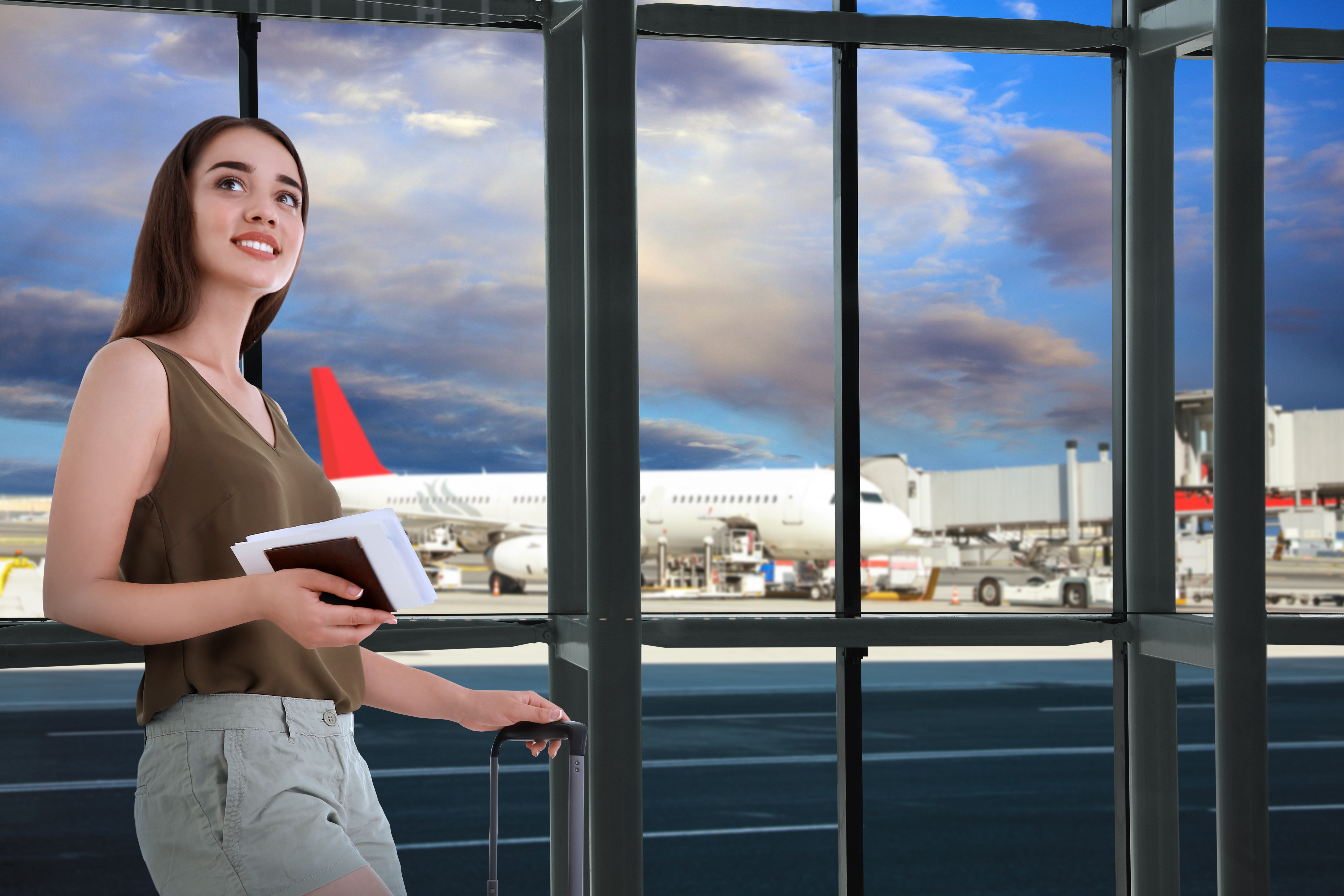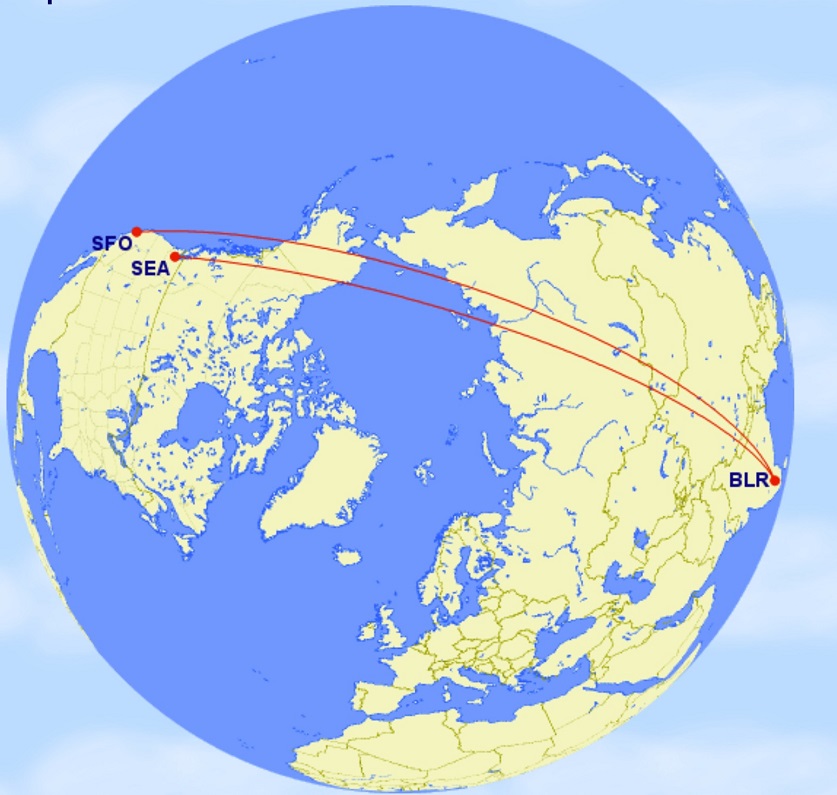
Visa and Travel Documentation for USA Residents Traveling to India
Traveling from the USA to India requires specific documentation, including a valid visa and other essential travel papers. Here's an overview of the visa and travel documentation required for USA residents traveling to India:
Visa Requirements:
Indian Tourist Visa:
e-Visa: USA citizens can apply for an e-Visa for tourism, business, or medical purposes. The e-Visa is obtained online, and it allows entry into India for a specific period.
Regular Visa: For longer stays or purposes not covered by the e-Visa, applying for a regular Indian visa through the Indian embassy or consulate might be necessary.
Passport Validity:
Your passport should be valid for at least six months beyond your intended stay in India.
Applying for an Indian Visa:
e-Visa Application:
Apply for an e-Visa on the official Indian government website (https://indianvisaonline.gov.in/evisa/).
Fill out the application form, upload required documents (passport-sized photo and a scanned copy of your passport's bio page), and pay the visa fee online.
Regular Visa Application:
Visit the Indian embassy or consulate website in the USA to download the visa application form.
Submit the completed form along with the required documents (passport, photos, application fee, etc.) to the embassy/consulate or through their designated application centers.
Other Essential Documents:
Flight Itinerary:
Have a confirmed round-trip or onward ticket showing your entry and exit dates from India.
Proof of Accommodation:
Provide details of where you'll be staying in India, such as hotel reservations or a letter of invitation if staying with friends or family.
Proof of Financial Means:
Carry adequate financial proof to cover your expenses during your stay in India. This can include bank statements, credit cards, or traveler's checks.
Additional Tips:
Health Precautions:
Stay updated on any health advisories or vaccination requirements for travel to India, especially considering current global health situations.
Travel Insurance:
Consider purchasing travel insurance that covers medical emergencies, trip cancellations, and other unforeseen circumstances.
Check Visa Processing Time:
Apply for your visa well in advance to account for processing times, which can vary.
Entry Restrictions or Special Conditions:
Always check for any special entry restrictions, conditions, or updates from the Indian authorities before traveling.
It's crucial to research and understand the specific requirements and regulations before planning your trip from the USA to India. Adhering to these visa and travel documentation guidelines ensures a smoother and more hassle-free travel experience.
Frequently asked questions (FAQs) related to visa and travel documentation for USA residents planning a trip to India:
1. Do I need a visa to travel to India from the USA?
Yes, USA residents planning to visit India need a visa. There are two main options: the e-Visa or a regular visa obtained through the Indian embassy or consulate.
2. What is the difference between an e-Visa and a regular Indian visa?
e-Visa: It's an online visa obtained through the official Indian government website. It's suitable for tourism, business, or medical purposes and has specific entry and exit limitations.
Regular Visa: This requires visiting the Indian embassy/consulate, filling out an application form, and submitting necessary documents. It might be necessary for longer stays or purposes not covered by the e-Visa.
3. How do I apply for an Indian visa from the USA?
For an e-Visa: Apply online through the official Indian government website by filling out the application form, uploading required documents, and paying the visa fee.
For a regular visa: Visit the Indian embassy or consulate website to download the application form and follow their specific guidelines for submission.
4. What documents are required when applying for an Indian visa?
Commonly required documents include a valid passport, passport-sized photo, completed application form, proof of accommodation, flight itinerary, financial proof, and, if applicable, supporting documents for the purpose of your visit (business invitation letter, etc.).
5. How long does it take to get an Indian visa from the USA?
The processing time for an Indian visa can vary. e-Visas are typically processed faster, often within a few days. However, regular visas might take longer, potentially several weeks, so it's advisable to apply well in advance of your travel date.
6. Are there any specific health or vaccination requirements for traveling to India from the USA?
Depending on prevailing health conditions or outbreaks, there might be specific health advisories or vaccination requirements. Check the Centers for Disease Control and Prevention (CDC) and the World Health Organization (WHO) for updated health recommendations for travelers to India.
7. Can I extend my visa while in India if needed?
In some cases, it might be possible to extend certain types of visas while in India. Contact the Foreigners Regional Registration Office (FRRO) or the Bureau of Immigration in India for information on visa extensions and requirements.
8. Do I need travel insurance when visiting India?
While travel insurance is not mandatory for entering India, it's highly recommended. It can provide coverage for medical emergencies, trip cancellations, lost luggage, and other unforeseen events during your travels.
9. What should I do if I have dual citizenship or hold a passport from another country?
If you hold dual citizenship or have multiple passports, ensure you use the same passport for entering and exiting India. Apply for the Indian visa using the passport you intend to travel with.
10. Are there any entry restrictions or special conditions I should be aware of before traveling to India?
Stay updated on any special entry restrictions, visa rule changes, or travel advisories that might affect your trip. Check the official websites of the Indian embassy, consulate, or government for the latest information before your departure.









